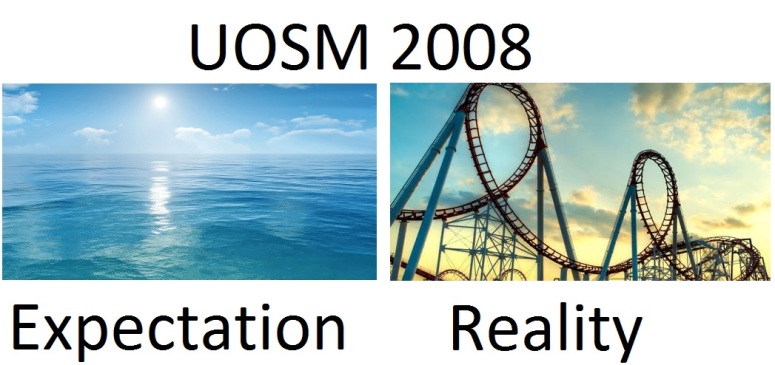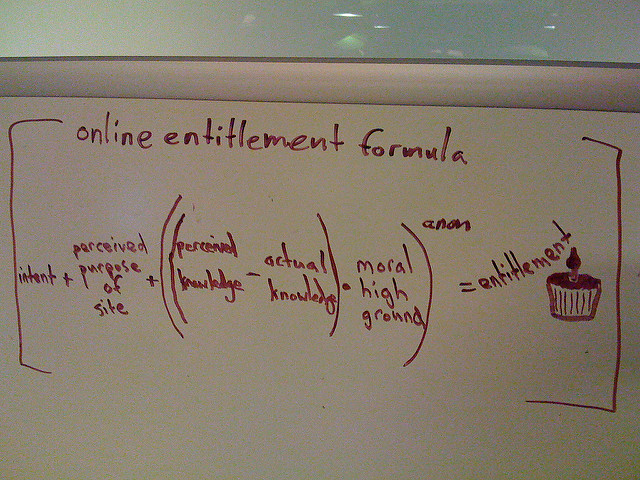
When One Door Closes Many More Open
Doing economics doesn’t often give me a chance to explore the world of writing and blogging so the opportunities that this module has given me have grown me as a person. I never thought I’d be the type of person to make videos or write blog posts, I’ve had friends do it but I didn’t think that could be me.
This is a summary of my self-test, comparing against myself in the beginning to where I am now. Click here to read the full version.
Continue reading →










